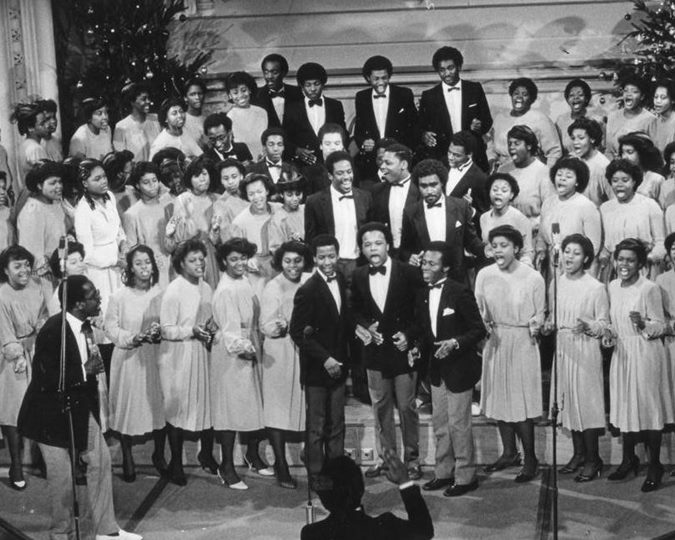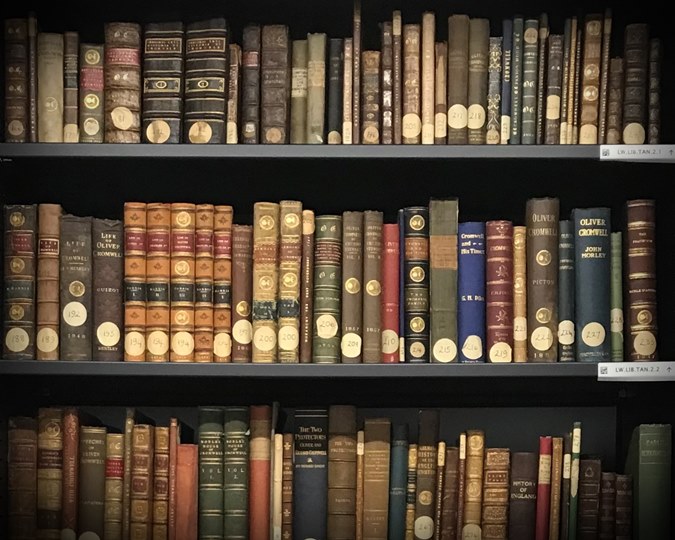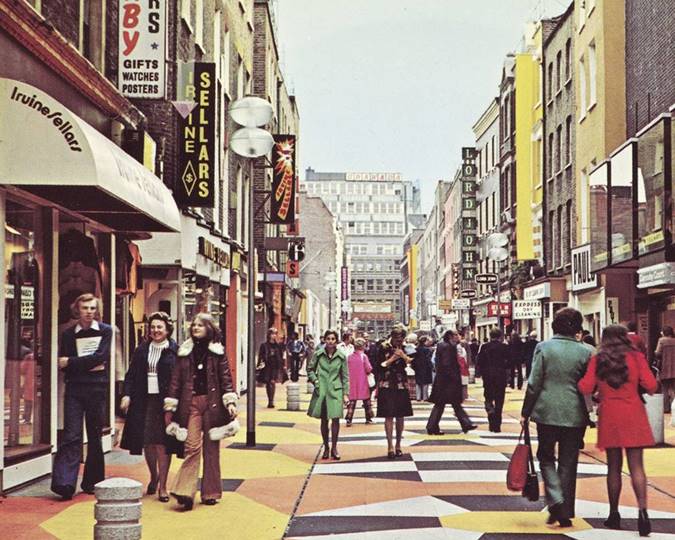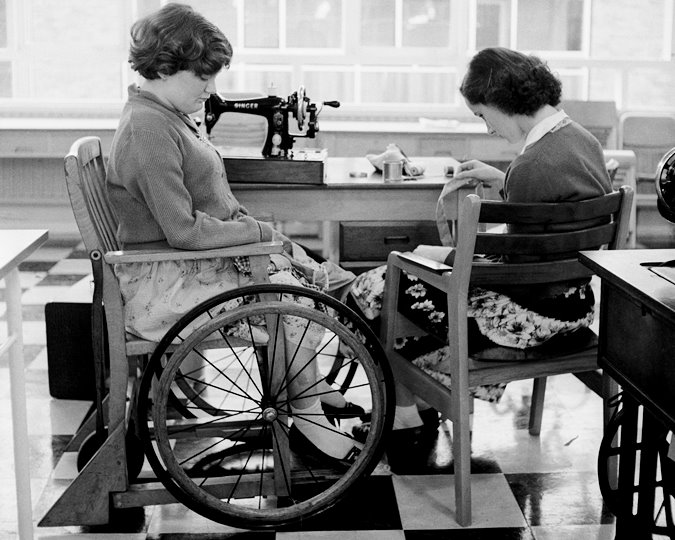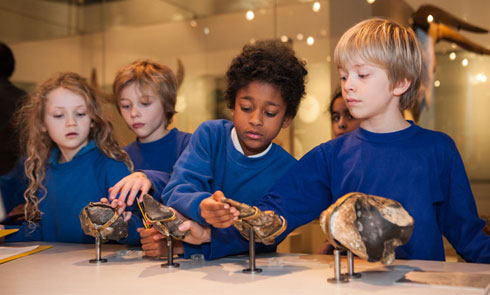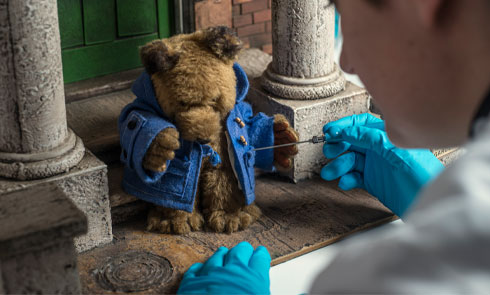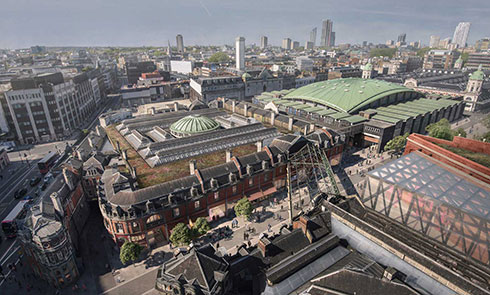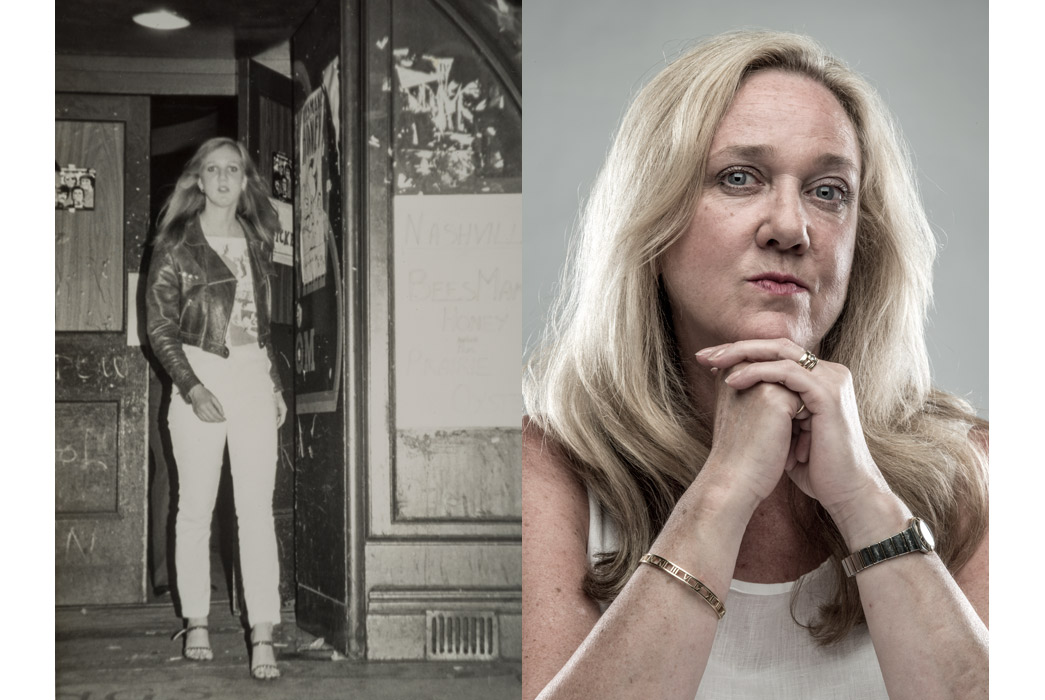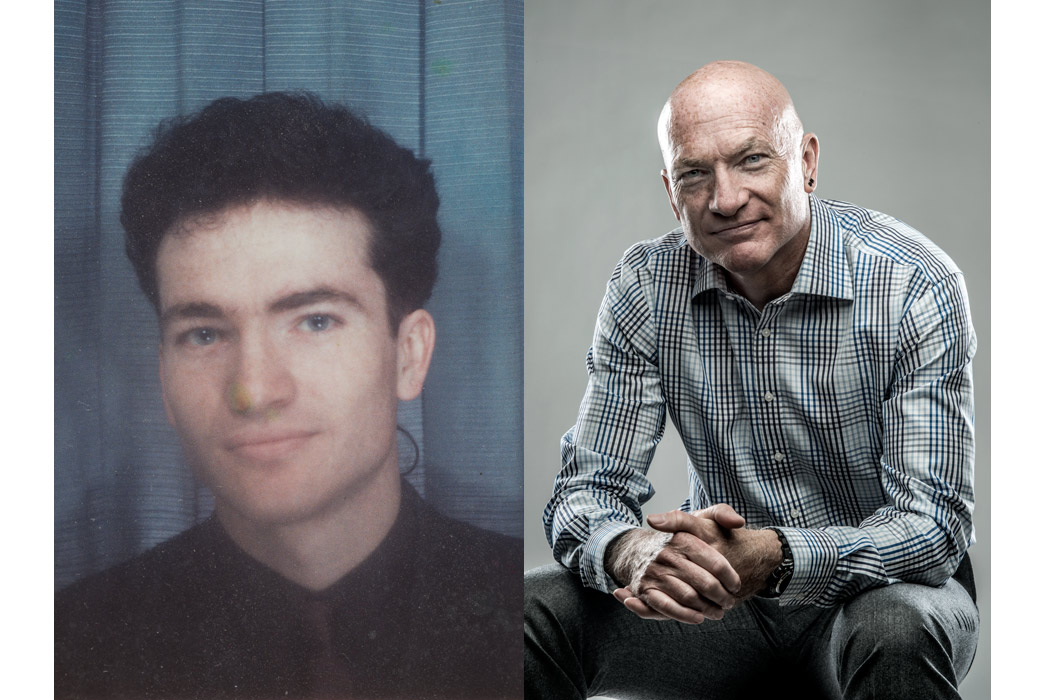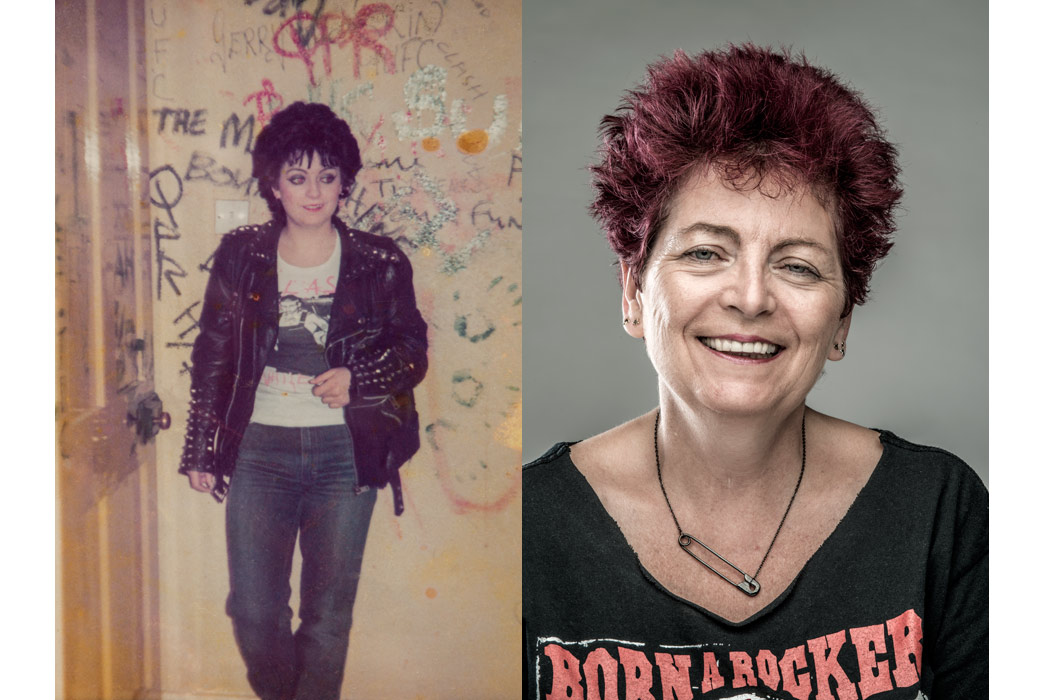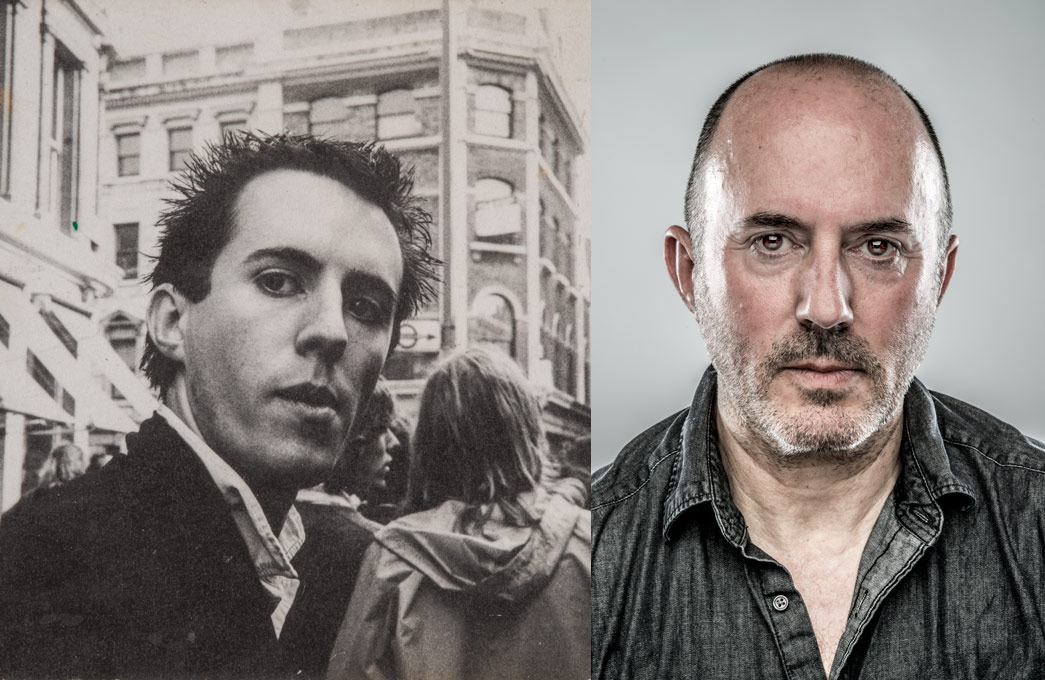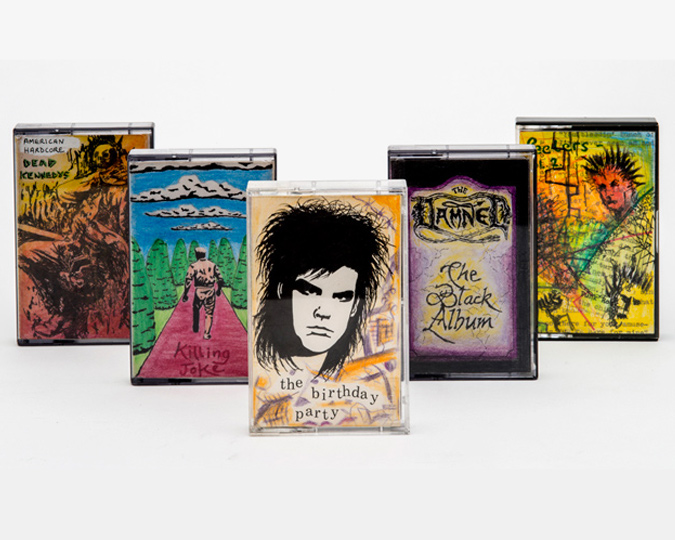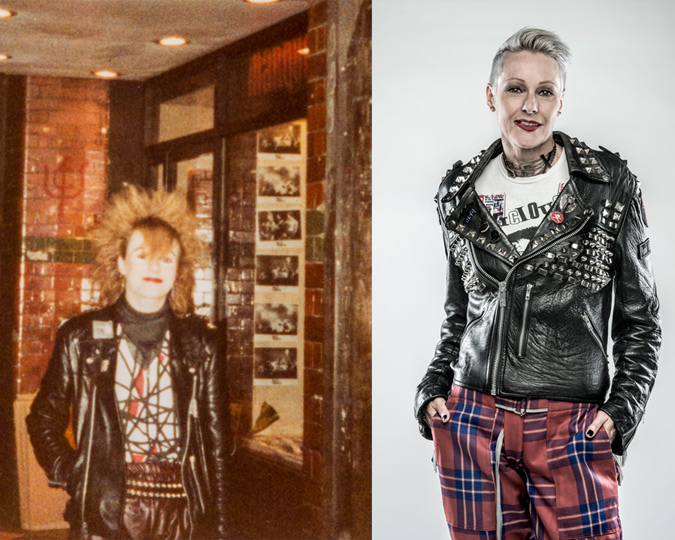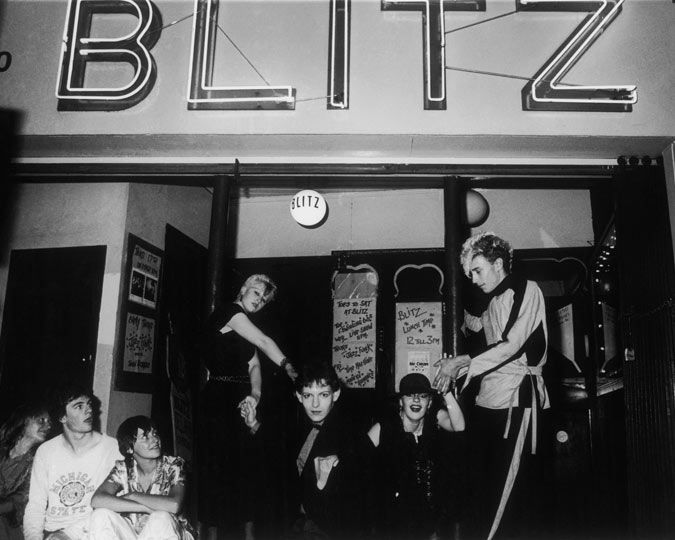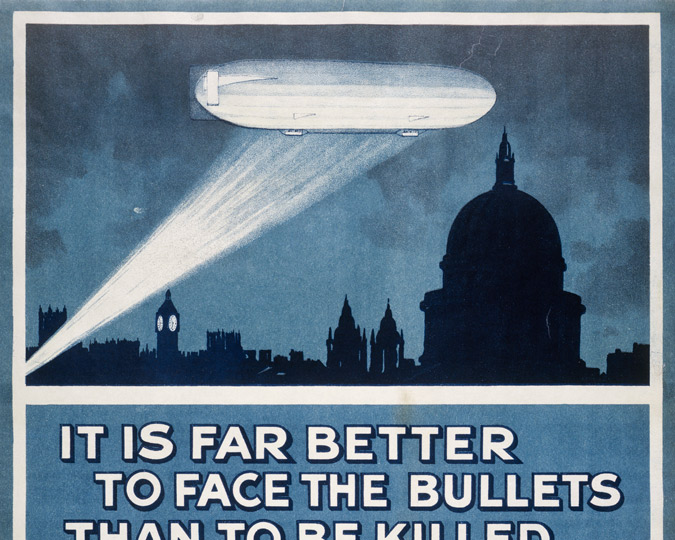Punks, the museum's 2016 collecting and exhibition project, tried to capture the spirit of punk as it exploded across London in 1976. In partnership with students from Central Saint Martins, and as part of Punk.London, we interviewed 19 individuals who had all been there to witness the birth of punk.
Punk.London ran from 1 October 2016 – 15 January 2017
Oral history is a powerful and effective way of capturing people’s incredible life stories first-hand. Sitting with these people and hearing their tales was such a privilege. From their teenage rebellion, joining bands and exploring DIY fashion, to moving on from their punk lifestyle, finding love and reflecting on what punk means today, all of interviews are full of heartfelt memories of a pivotal moment in their lives.
Here is a glimpse into some of these incredible stories, from four of the project’s punks.
Selena Quirke: "I was, yeah, on the front page for supposedly wrecking The Rainbow."
“There were loads actually, but for me personally one of the ones that really stands out is The Clash gig. May the 9th 1977, Clash played The Rainbow. I was there, I was in the front row which I didn’t have tickets for but managed to wangle my way into and it was the night that seats, well they called it the riot, didn’t they, it was the White Riot tour for The Clash and they claimed that the punks had like wrecked The Rainbow Theatre, thrown all the seats everywhere. The next day it was in the papers. I actually hadn’t gone home that night and was wearing the same clothes and my picture was in the Evening Standard and I was, I remember being on the bus and people looking at me and that’s what it was down to, because I was, yeah, on the front page for supposedly wrecking The Rainbow.”
Paul Horobin: "London... didn't feel like it had gone anywhere."
“I mean London was still, it wasn’t still war damaged but it didn’t feel like it had gone anywhere. There was still quite a lot of industrial London then but it was industrial decline. So, you know, you’d find a lot of areas where there wasn’t much happening. There was kind of quite high unemployment. So there was that kind of sense of it being quite poor, a lot of the infrastructure was run down. There was a sense of an ugliness about the city. It just felt very grey and didn’t have a lot of hope or optimism attached to it. It just felt like there was, it just wasn’t working as a city. And in that sense I think what that kind of attracted me to punk was that not pretending that everything’s all right.”
Rosie Mellows: "My mum... totally ignored me. I thought, you don't get away with that."
“Where we lived in Tottenham, it was between two bus stops, it was just odds on which one you went to. So my mum used to, this was when she worked in the casino. My mum went to one bus stop, we left before her and went to one bus stop. My mum left after and went to the other one. We were on the bus and were waiting to pay our fare. My mum got on and went to sit down two seats in front. And I went, ‘Hello’. And she totally ignored me. I thought, you don’t get away with that. So when the conductor came along, I paid her fare, because we were all going to the tube stations, and I said, ‘That’s three tens, for me, my friend and my mum. You see the woman there in the brown coat and the perm? That’s my mum’. She turned round and glared. I thought, I was nice, paid her fare. And when she got off, she got off first and stood at the bus stop waiting for us. She went, ‘I now know that it will cause me less embarrassment walking with you than trying to ignore you’.”
Mick Hurd: "The music was just kind of scary, awful really..."
“It was really exciting ‘cause I came from a very suburban place, you know, I was still in like flares with long hair. And, you know, I’d never been anything before, like I’d never been a hippie or I’d never been, I don’t know, a Mod or anything. And these guys just turned up and they played and they just looked like nothing I’d ever seen before. I mean the music was just kind of scary, awful really, you know, I thought like terrible, but just like so much energy and exciting. I’d just never seen, and I thought they were terrifying, like Johnny Rotten I think was called Rotten because he was so horrible basically, they weren’t very nice. And so it was just something completely new and I sort of started changing the way I looked and stuff as well, and it was a very exciting time, a great time to be kind of that age, I think, and to be starting a new life in London.”

